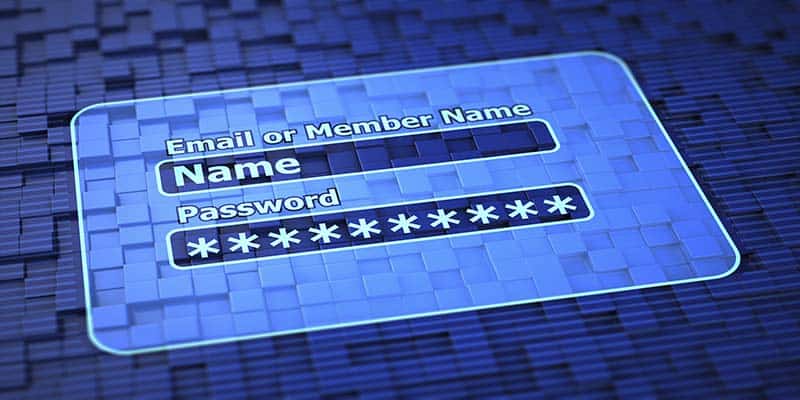How Old Are Your Passwords?
In a recent Dell Power More article, results of an online survey revealed that half of all passwords were more than five years old. The report, which was commissioned by TeleSign and conducted by Lawless Research, also found that 77% of consumers hadn’t changed their passwords in a year or more, 21% still used passwords more than 10 years old, and 73% used duplicate passwords for multiple accounts.
Why is this so troubling? Well, for starters, 40% of these same respondents say that they’ve been hacked at some point. Last month, online password management company LastPass revealed that hackers had broken into its system, accessing user email addresses and password reminders. Even the Houston Astros admitted that a recent hack of their player database was attributable to the persistent reuse of old passwords. And last year, two million passwords for popular services like Facebook, Gmail, Yahoo, Twitter, and LinkedIn were stolen.
So Why Is Password Security so Important?
Five Reasons to Increase the Security of Your Passwords
1) Hackers are becoming increasingly adept at figuring out passwords. Whether through keylogging viruses installed on individual computers, the kind of hacks mentioned above, or simple brute-force attacks that use computing power to run multiple combinations of numbers and letters, it’s not a matter of if hackers will figure out your password but when. That’s why creating unique ones that feature long strings of characters that mix upper- and lower-case numbers, letters, and symbols—think “p*sSw%rd#33” instead of “password33,” or random words instead of known phrases—are so important, along with using a password manager to create a different password for each site that you use.
2) Two-factor authentication is ubiquitous now. This form of double-layer security requires you to enter your normal password along with a unique code that’s sent via text or email. A new website, TurnOn2FA.com, includes step-by-step instructions for enabling this free feature.
3) Dormant online accounts can be particularly easy targets. Anytime there’s a major password hack, Facebook, Yahoo, Google, Twitter, and other popular services leap into action to protect their users. But the best kind of security is the proactive kind, so check your social media, email, and banking accounts periodically to ensure everything is in working order. If you only use Facebook, Twitter, or that old email account once a month, check those first.
4) Antivirus software and security patches can provide an extra layer of defense. Speaking of a proactive approach, maintenance and monitoring services like CMIT Marathon come with built-in antivirus, anti-malware, and anti-spyware software that can stop malicious password-hacking viruses in their tracks. That includes patches and fixes for Java, Adobe, Chrome, Firefox, Microsoft Office…Comprehensive security with multiple layers is possible—especially with an experienced IT provider on your side.
5) Enterprise-grade password management solutions are gaining traction. CMIT Solutions uses a mobile-optimized, cloud-based password management solution that’s designed specifically for the business community—not just the consumer market. Regulatory compliance, comprehensive reporting, mobile access, data sovereignty, password rotation…We understand how crucial these aspects are to security and success, which is why we’ve implemented them ourselves.
If you’re unsure about the security of your passwords, contact us today. We take online security seriously.
Contact us to schedule a time to talk about how we can deploy the right tools to keep your business safe. We’re committed to improving productivity and efficiency by making technology work for your business, not against it.

